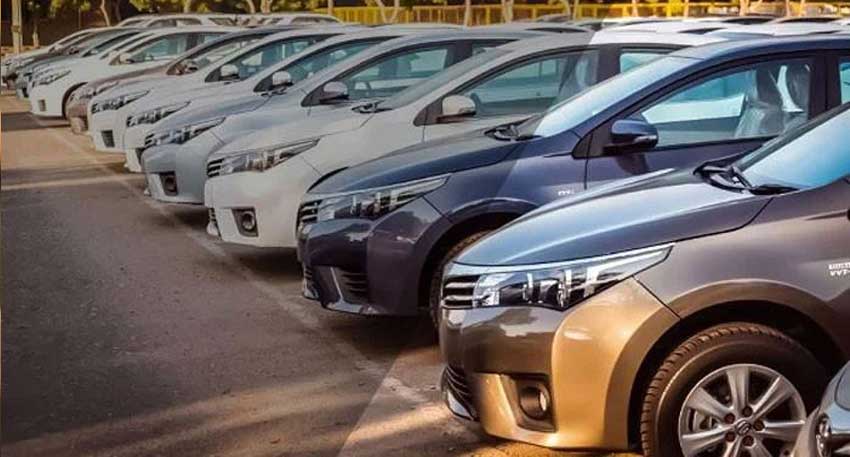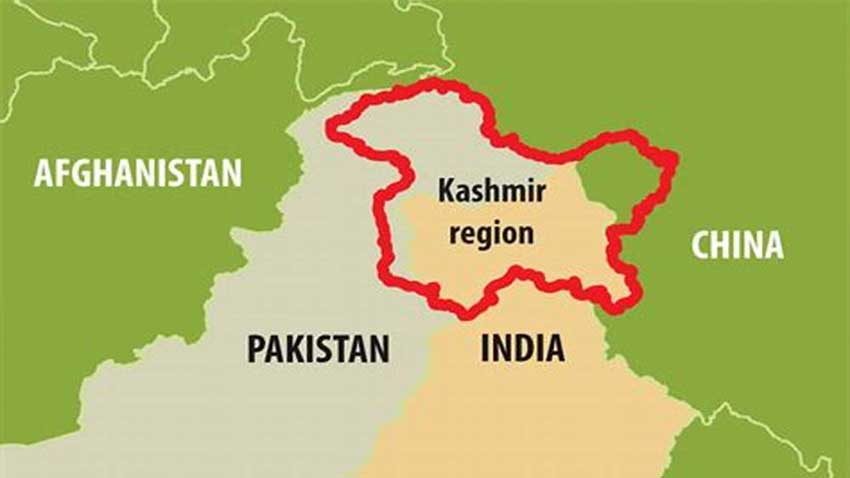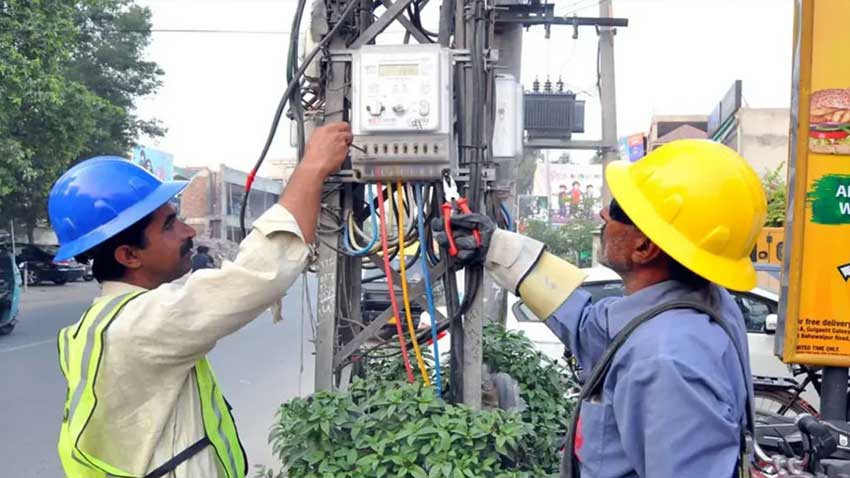
Under this new import policy, an additional 40 per cent duty will initially be applied to these vehicles. However, starting from the 2026-27 fiscal year, this duty will decrease by 10 per cent each year until it is eventually removed, leaving only standard import duties. From FY27 onward, vehicles up to seven years old will also become eligible for import.
Officials clarified that the previous restriction on importing vehicles older than three years has been lifted. However, the 40% extra duty will not apply to vehicles imported under the baggage scheme, though a 700-day minimum overseas stay will be required for eligibility under that scheme.
Also Read: Low-priced electric vehicles hit the market – Here’s what China’s BYD offers
In a separate development, the committee rejected proposed amendments to the Public Finance Management Act (PFMA) presented by the Ministry of Finance. The Ministry argued that the current law grants financial authority to institutions via Parliament, but the committee asked for the amendments to be redrafted.
Senator Anusha Rehman raised concerns about the handling of surplus funds and idle cash, urging that all public and autonomous institutions be brought under the Auditor General of Pakistan’s audit scope. The Ministry agreed to change the term “business entities” to “public entities” in the draft law and accepted the need for corrections.
Finance officials also revealed that Port Qasim Authority had refused to transfer surplus funds when asked and redirected the Ministry to the relevant division, from which no reply was received.




